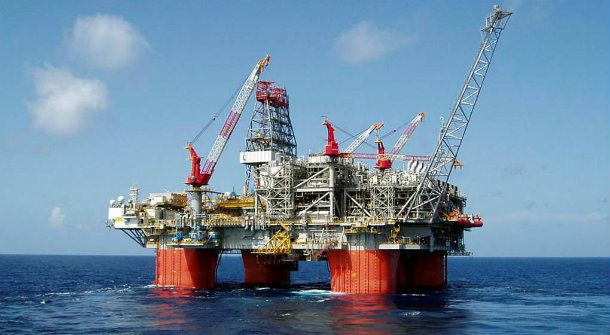Nigeria has been named among oil-producing countries that will lose between 20 to 40 per cent of its revenue as the world commits to meeting climate targets.
Nigeria’s large population of 206 million makes it more vulnerable to the impact of revenue losses, according to the report by Carbon Tracker
Th research which examined the impact on oil and gas-producing government revenues as the world moves away from fossil fuels, noted that Saudi Arabia, Iraq, Kuwait, and Algeria are also among the 12 countries that could lose 20-40 per cent of their revenues.
It added that Russia, Mexico and Iran could lose between 10 to 20 per cent of their revenue while Angola and Azerbaijan could lose 40 per cent due to low fossil fuel demand and prices.
Carbon Tracker’s analysis used the International Energy Agency’s modelling to project expected supply and demand developments under current government policies with a long-term oil price assumption of $60/barrel, and compared it to the IEA’s low-carbon scenario with a price assumption of $40/b.
READ ALSO: NNPC Secures $1 Billion For Port Harcourt Refinery Overhaul
It said that oil producing countries globally could lose a collective $13 trillion by 2040 compared with industry expectations, a 51 per cent drop, of which the 40 petrostates that are most heavily dependent on hydrocarbon revenues face a $9 trillion shortfall, or a 46 per cent drop.
The analysts called on petrostates to urgently restructure their economies and re-examine their planned investments in oil and gas projects that could become stranded.
“Government oil revenues will shift dramatically as the market shakes out during the energy transition,” co-author Andrew Grant said in a statement. “Understanding the scale of the challenge and which nations are most vulnerable will help policymakers focus their efforts. Cushioning the landing for hundreds of millions will deliver better outcomes for both climate and human development.”
“Low production costs in some countries mean that the Middle East and North Africa will be one of the least affected regions in a low-carbon world, but oil and gas revenues to 2040 are still over 40 per cent lower than industry expectations,” the report said.
“Wealthy Gulf states are investing in industries like renewable energy and tourism. However, the scale of the challenge is huge, and the pace of transition accelerating.”
READ ALSO: No Increment In Petrol Price, NNPC insists
Carbon Tracker said the international community could help vulnerable petrostates by providing financial support for emissions reductions technologies, as well as technical assistance for regulatory and tax reform.
“It is in the international community’s interest to help petrostates successfully navigate the energy transition,” it said.
“Reducing their dependence on fossil fuel production will make it easier for the world to meet global climate targets, and also help these countries avoid instability and social unrest as the global economy is decarbonized.”













